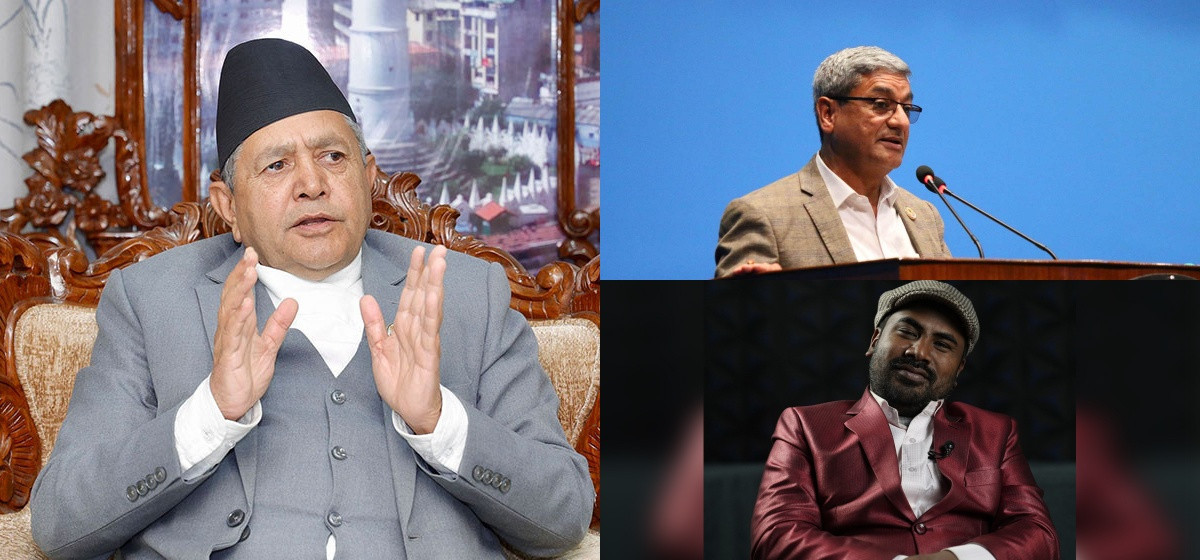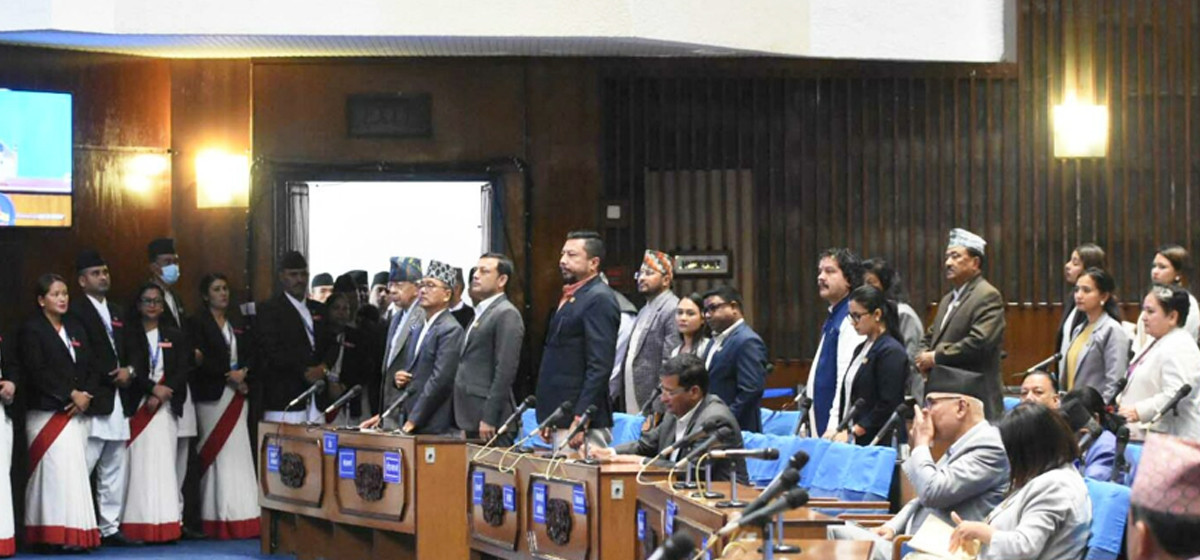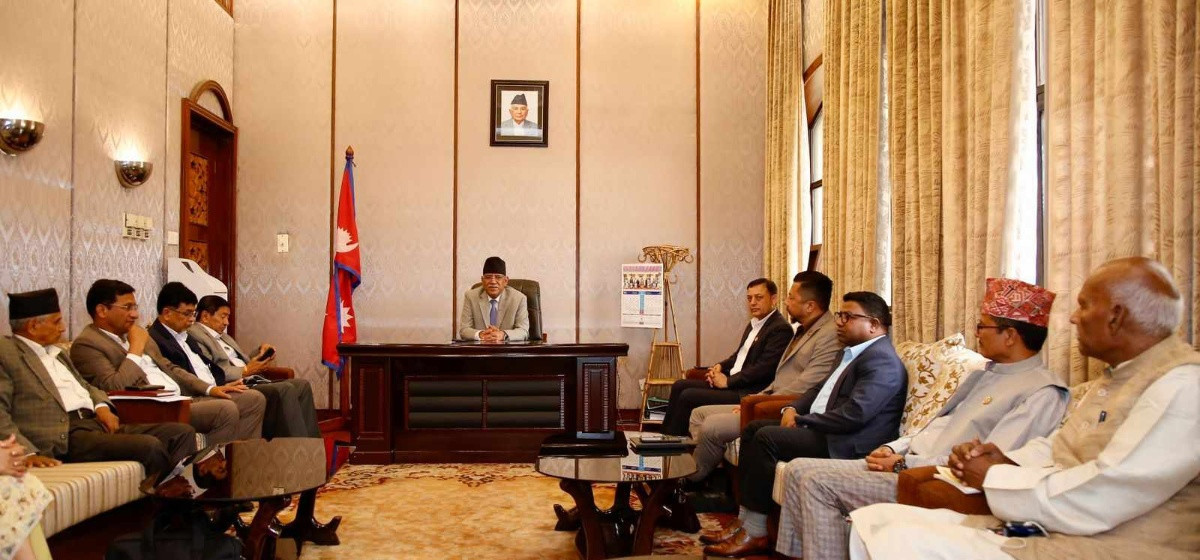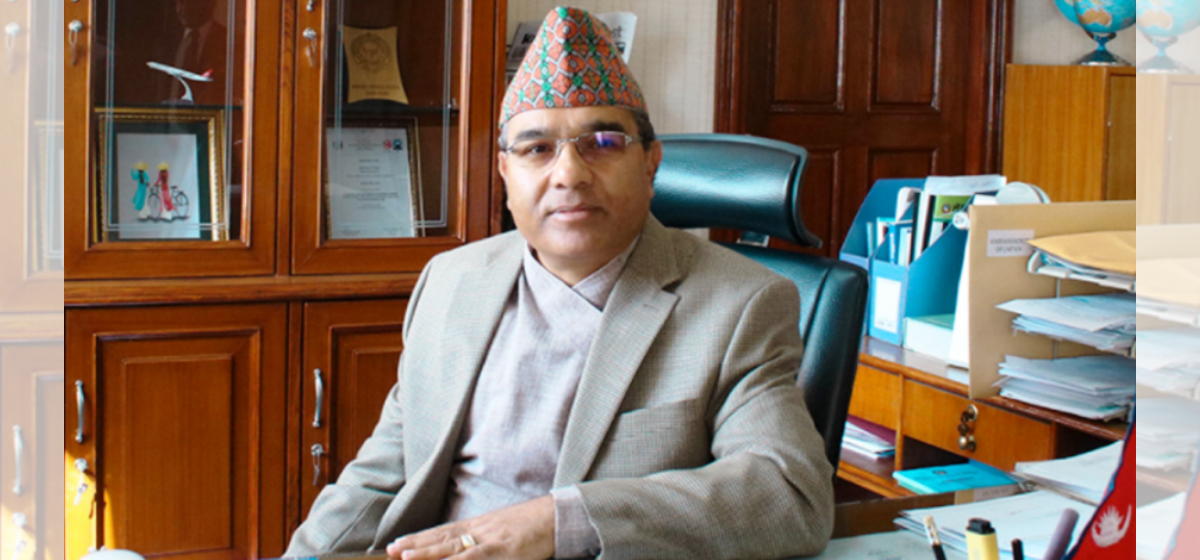Amid ongoing protests by opposition parties, particularly the Rastriya Swatantra Party (RSP), the government has decided to form a High-Level Committee for Study and Investigation on Immigration and Visit Visas with a three-month mandate. The probe panel, headed by former Chief Secretary Shankar Das Bairagi, is intended to help resolve the prolonged deadlock in parliament. However, opposition parties have raised questions about the ability of the committee—comprising joint secretaries from the Ministries of Home, Labour, Federal Affairs, and Foreign Affairs—to conduct an independent investigation. The committee has also come under serious public scrutiny, as the Commission for the Investigation of Abuse of Authority (CIAA) has already launched a probe into allegations of illegal money collection from individuals seeking visit visas—reportedly involving staff from the Department of Immigration under the Home Ministry. Concerns regarding the committee’s credibility and its ability to get to the root of the visit visa scandal and recommend action against those responsible, regardless of their power or position, are valid and understandable. If the government is truly committed to an impartial and fact-based investigation, it should form a judicial committee led by a sitting or former judge.
There are several issues that raise questions about the committee formed by the government. Despite being branded as “high-level,” the committee’s composition—led by a former bureaucrat and staffed by serving ministry officials—makes it hardly different from a routine administrative panel. Its formation appears to do little more than fulfill part of a two-point agreement reached on June 13 between the ruling coalition and the main opposition party, CPN (Maoist Centre). The Maoist Centre, which has positioned itself as a “constructive opposition,” seems to have supported the continuation of parliamentary proceedings based on this agreement. However, committees composed of bureaucrats are typically only capable of gathering surface-level information. The members of this committee lack the independence and authority required for a thorough, impartial investigation. Such panels—devoid of the mandate to address systemic issues—are unlikely to propose meaningful or timely solutions. If political leadership is found to be involved, it is doubtful that such a committee would have the courage to expose it.
Govt forms high-level committee to probe visit visa scandal

After such a prolonged period of indecision, the government’s decision to form such a weak committee appears largely symbolic. The obstruction in parliament continues, and public expectations from the committee remain low. By establishing a parallel probe into an issue already being investigated by the constitutionally mandated CIAA, the government risks setting a troubling precedent. If such parallel investigations continue at the governmental level, they could seriously undermine the authority and credibility of anti-corruption institutions like the CIAA. As the formation of this committee neither addresses the core demands of the opposition nor ensures a credible inquiry, the government must reconsider its decision. It should instead form a judicial committee led by a sitting or former judge, supported by independent experts in relevant fields, to thoroughly investigate the issue and recommend measures to put an end to such practices once and for all.




































